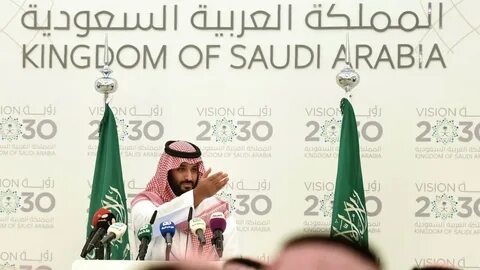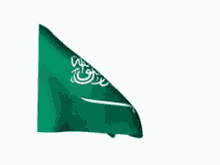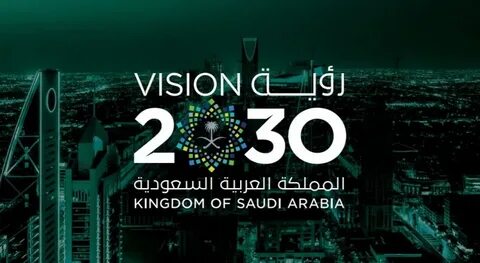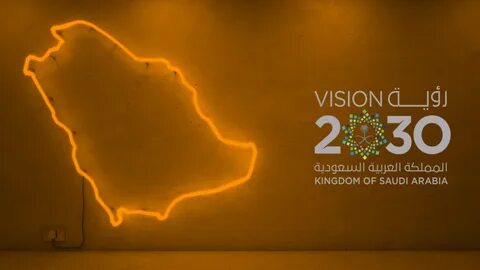In recent years, Saudi Arabia has embarked on a bold and ambitious sports strategy, investing billions of dollars in sports infrastructure, hosting major international events, and acquiring high-profile sports teams and athletes. This article explores the geopolitical motivations behind this sports strategy, as well as its economic and business implications.
Saudi Arabia’s sports strategy is not just about promoting physical fitness and national pride, but also about enhancing its global reputation, diversifying its economy, and projecting its soft power. The country’s Vision 2030 reform program, which aims to reduce its dependence on oil and create new sources of revenue, has identified sports as a key sector for growth and development.
One of the most visible aspects of Saudi Arabia’s sports strategy is its investment in sports infrastructure. The country has announced plans to build 100 new sports facilities, including stadiums, gyms, and sports academies, as part of a $64 billion spending program. These facilities will not only provide opportunities for local athletes but also attract international events and teams, generating revenue and promoting tourism.
Saudi Arabia has already made significant strides in this area. In 2019, it hosted the G20 summit, which included a soccer match between Argentina and Nigeria at the King Fahd International Stadium in Riyadh. The stadium, which has a capacity of 68,752, is one of the largest in the world and is part of a larger sports complex that includes a golf course, a tennis center, and a cycling track.
Another aspect of Saudi Arabia’s sports strategy is its acquisition of high-profile sports teams and athletes. In 2018, the country’s sovereign wealth fund, the Public Investment Fund (PIF), acquired a 95% stake in the English Premier League club Newcastle United for $355 million. The move was seen as a way for Saudi Arabia to increase its visibility and influence in the global sports market, as well as to promote its brand and values.
The PIF has also invested in other sports teams and events, including the Spanish soccer club Valencia, the Italian soccer club AC Milan, and the Saudi Arabian Golf Federation. These investments not only provide financial returns but also help to build relationships and networks with other sports organizations and stakeholders.
Saudi Arabia’s sports strategy also includes a focus on women’s sports, which is seen as a way to promote gender equality and empower women. In 2018, the country lifted its ban on women driving, and in 2019, it allowed women to attend soccer matches without a male guardian. These moves were followed by the announcement that women will be allowed to compete in the 2024 Olympics, which will be held in Paris.
Saudi Arabia’s sports strategy has not been without controversy, however. The country’s human rights record, including its treatment of women and minorities, has been criticized by some international organizations and activists. The acquisition of Newcastle United, in particular, has been seen as a way for Saudi Arabia to whitewash its image and distract from its human rights abuses.
Despite these criticisms, Saudi Arabia’s sports strategy is likely to continue, as it provides a way for the country to achieve its economic and geopolitical goals. The sports industry is a rapidly growing sector, with global revenues expected to reach $73.5 billion by 2023, according to a report by Newzoo. By investing in sports, Saudi Arabia can tap into this growth and create new opportunities for its economy.
In addition, sports can serve as a soft power tool, helping to promote Saudi Arabia’s values and culture to a global audience. This is particularly important in the context of the country’s regional rivalry with Iran, as sports can provide a way for Saudi Arabia to project its influence and counter Iran’s own sports initiatives.
In conclusion, Saudi Arabia’s sports strategy is a complex and multifaceted initiative that reflects the country’s economic, geopolitical, and social priorities. By investing in sports infrastructure, acquiring high-profile sports teams and athletes, and promoting women’s sports, Saudi Arabia is seeking to enhance its global reputation, diversify its economy, and project its soft power. While the strategy is not without controversy, it is likely to continue, as sports provide a way for Saudi Arabia to achieve its economic and geopolitical goals in a rapidly growing and dynamic industry.

Saudi Arabia is the Future of Sports.
– SaudiMMA.com


#1 Saudi Arabia MMA & Mixed Martial Arts News Portal.
– www.saudimma.com #saudimma #saudi #ksa #MMA #UFC
Saudi MMA Domain Name For Sale





